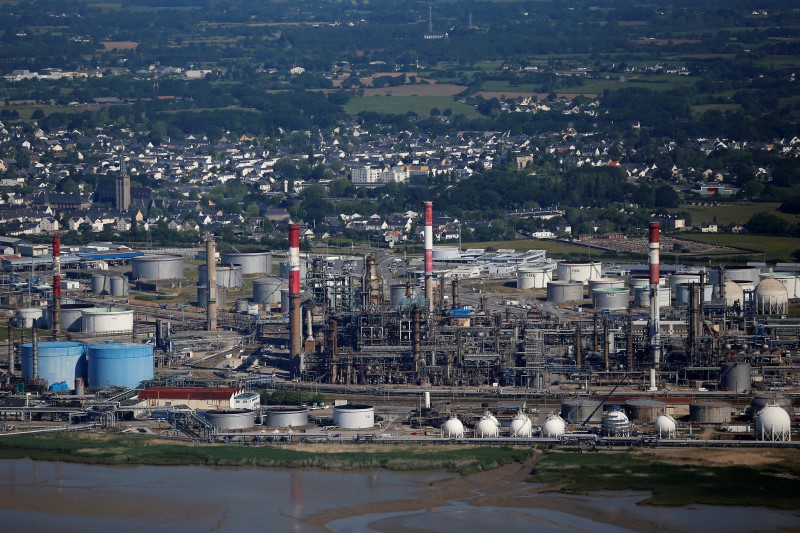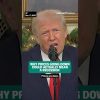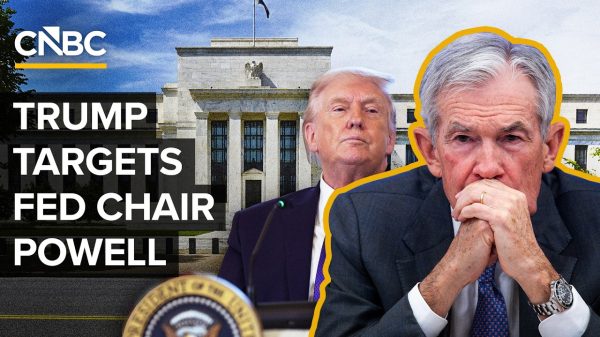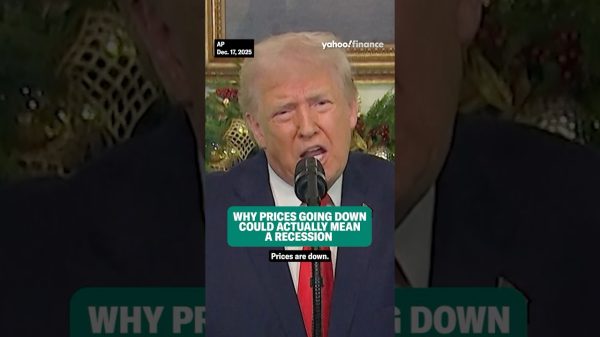Investing.com — Oil prices fell Thursday, handing back some of the week’s strong gains as U.S. debt ceiling uncertainty and a stronger dollar weighed on the crude market.
By 04:35 ET (08:35 GMT), futures traded 1% lower at $73.58 a barrel, while the contract fell 0.9% to $77.68 a barrel.
Fears of a U.S. debt default have grown after rating agency Fitch raised the possibility of a downgrade to the U.S.’s prized “AAA” rating, placing it on credit watch negative, citing the uncertainty surrounding the negotiations to lift the country’s $31.4 trillion debt ceiling.
“Fitch still expects a resolution to the debt limit before the X-date,” the credit agency said in a report.
“However, we believe risks have risen that the debt limit will not be raised or suspended before the X-date and consequently that the government could begin to miss payments on some of its obligations.”
Such a move would have a disastrous impact on global activity, and thus the demand for crude, and has resulted in the safe-haven climbing to a two-month high.
A stronger dollar means the commodities denominated in the U.S. currency, like oil, become more expensive for foreign buyers.
Also weighing was the news that Germany, Europe’s largest economy, fell into recession in the winter months, as its contracted in the first quarter of 2023 compared with the previous three months.
The crude market had posted three consecutive days of gains at the start of this week, boosted by expectations of tighter U.S. supplies as the travel-heavy summer season approaches.
These expectations were boosted by an unexpected, hefty fall in U.S. crude oil inventories last week.
Data from the Energy Information Administration, released Wednesday, showed that fell by 12.5 million barrels, while analysts had expected an 800,000-barrel rise. also dropped by 2.1 million barrels, while fell by 600,000 barrels.
The market had also been helped by comments from Saudi Arabian Energy Minister Prince Abdulaziz bin Salman that short sellers should “watch out” ahead of next month’s meeting of the Organization of Petroleum Exporting Countries and allies.
This raised expectations that Saudi Arabia, the de facto leader of the OPEC+ cartel, would seek another production cut in order to boost crude prices.
However, this view took a hit Thursday after Russian Deputy Prime Minister Alexander Novak said he expected OPEC+ to stand pat at its meeting in Vienna on June 4, a month after the cartel announced a surprise production cut.
“I don’t think that there will be any new steps, because just a month ago certain decisions were made regarding the voluntary reduction of oil production by some countries due to the fact that we saw the slow pace of global economic recovery,” Novak said, according to the state-owned news agency RIA.
Read the full article here











